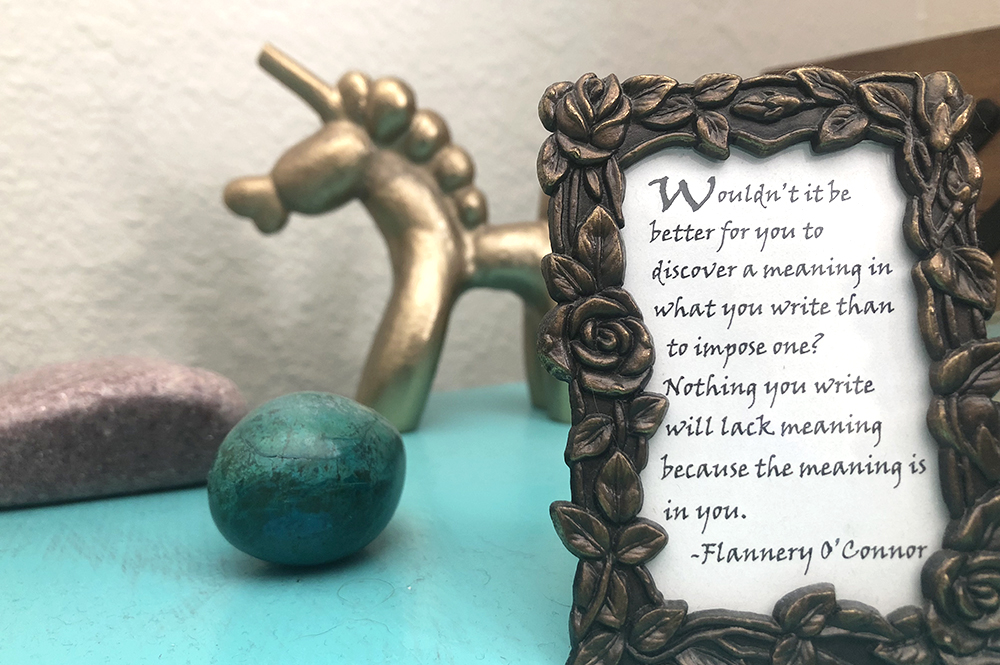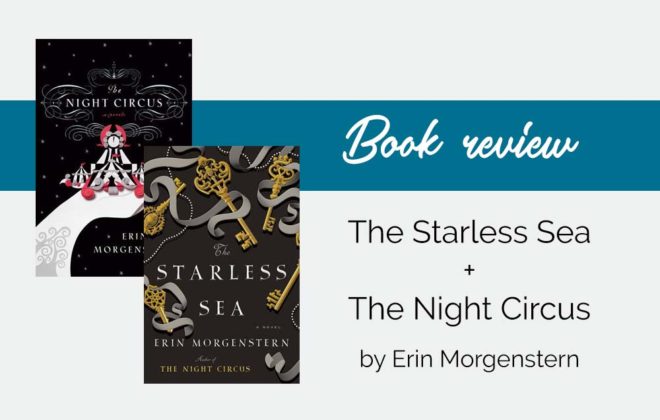Stephen King was right about theme in writing
I’ve had this quote from Flannery O’Connor on my desk for years. I always remind myself of it when I feel like my manuscript is garbage or I don’t know what I’m doing.
Wouldn’t it be better for you to discover a meaning in what you write than to impose one? Nothing you write will lack meaning because the meaning is in you.
I recently finished the second draft of my novel. (I’m calling it the second draft even though this manuscript morphed out of a previous manuscript, so parts of it have been around in some form for years, while much of it was brand new.) That process took several months and was a hugely rewarding and interesting and illuminating experience in many ways. My biggest takeaways from that whole process all center on theme.
Early in the writing process — and again this past summer after I overhauled the plot — I spent a lot of time brainstorming and thinking about theme. What were the themes I illustrated in my story? What scenes could I incorporate to explore those themes? Did I need to read any particular books to make sure I myself have a solid understanding of the themes? How do I make sure those themes are conveyed without being heavy handed about them?
Clearly, I had forgotten O’Connor’s advice. Having just finished draft 2, I feel like I can safely say that this is not the way to approach writing a novel.
During the second draft, my story changed in ways I never would have imagined — all of which ultimately made it a better story. These changes brought with them new themes that I also never expected. All of my brainstorming and worrying about theme turned out to be unnecessary, because the theme revealed itself as the story progressed. What grew out of these changes was impactful and important and true, but I wouldn’t have discovered it had I not been willing to let the story go in the direction it wanted and needed to go.
I’ve read Stephen King’s On Writing three times (once on audio, which he narrates and is excellent). I very clearly remember him saying to write the story first, then go back and see the themes that are present. I thought this was weird. How can you write a story without knowing what your themes are? I don’t know why I thought that I, as an unpublished writer who had never written a book-length manuscript, felt that I was in a position to disagree with Stephen King, but there it is.
But he was right. Of course he was right. He’s Stephen Fucking King. And I could not be more excited about the direction my story is going. (And now I bought a couple of books to help me make sure I treat the theme properly. Even that probably isn’t really necessary, but I still don’t trust myself to get it right on my own.)
Take Anne Lamott’s advice and write a shitty first draft.
Take King’s and O’Connor’s advice and trust that the meaning will emerge from your work — and it will be a truer meaning than whatever you try to wedge into it.
Be willing to let go of the story you want to tell in favor of the story that wants to be told through you.
Tags In
Karen Eisenbraun
Related Posts
Leave a Reply Cancel reply
Categories
- Books (13)
- Nutrition (1)
- Personal growth (9)
- Spirituality (2)
- Writing (2)








